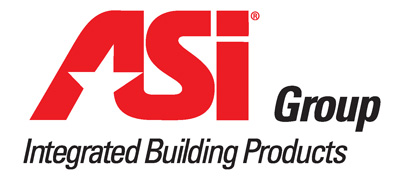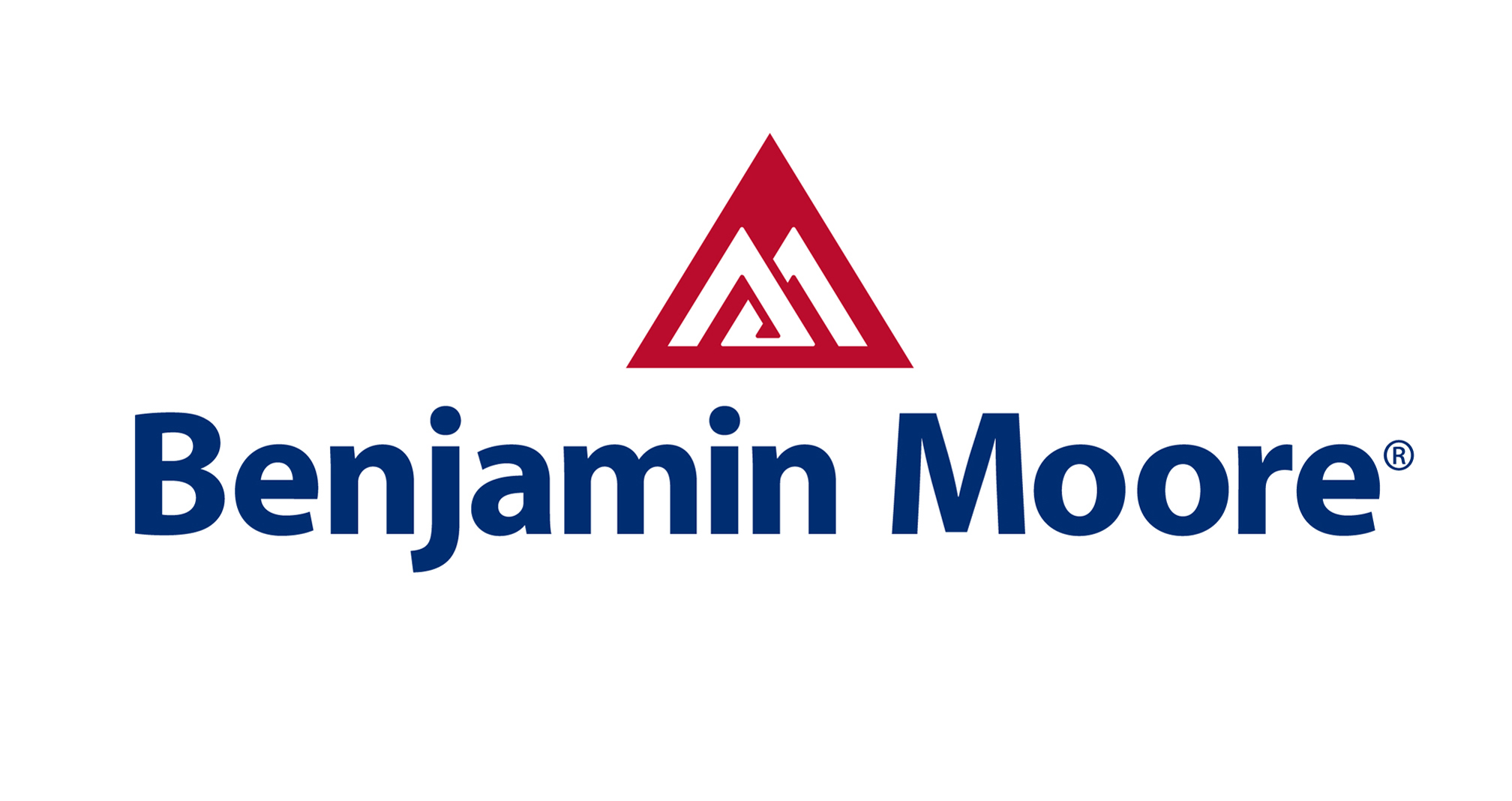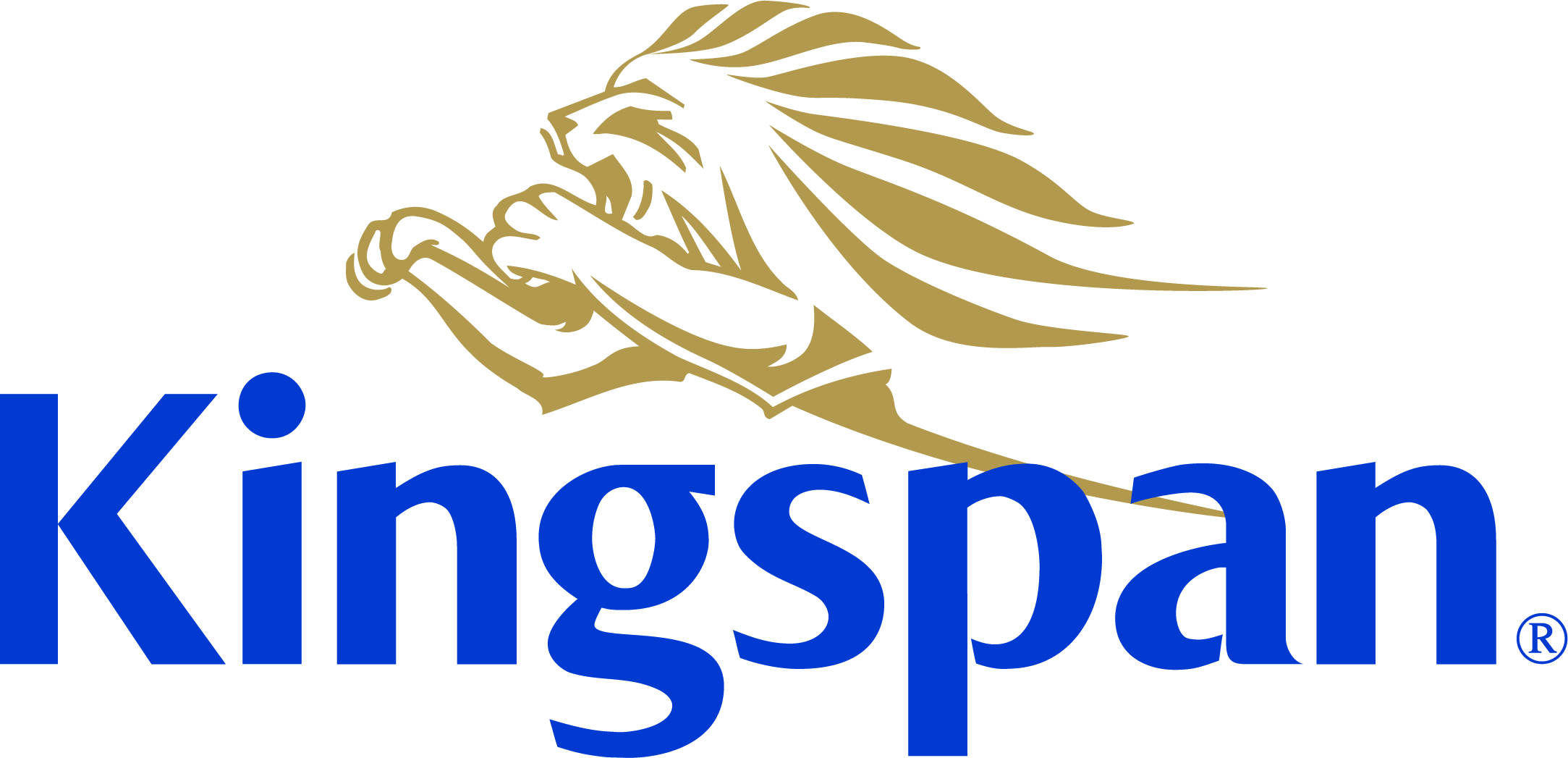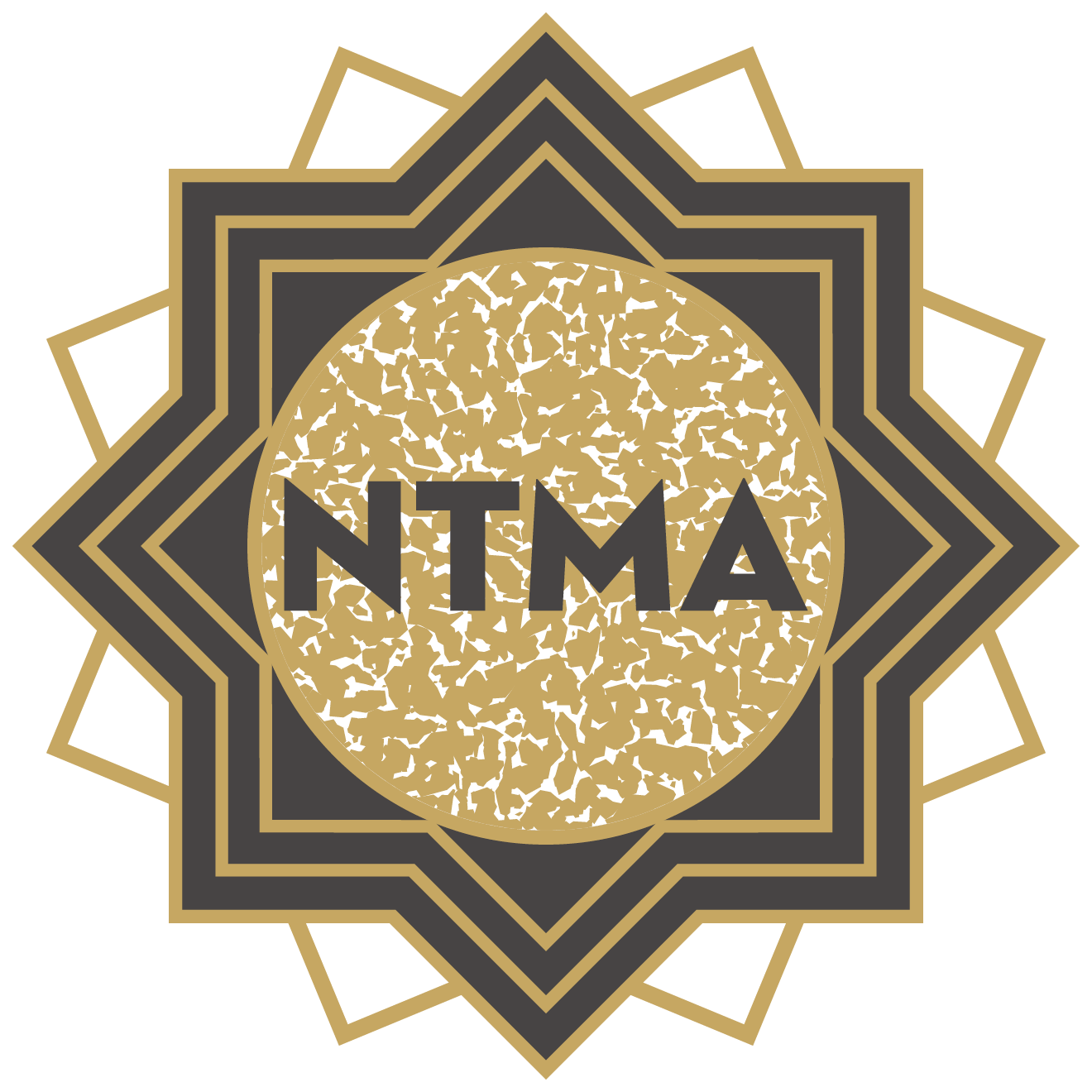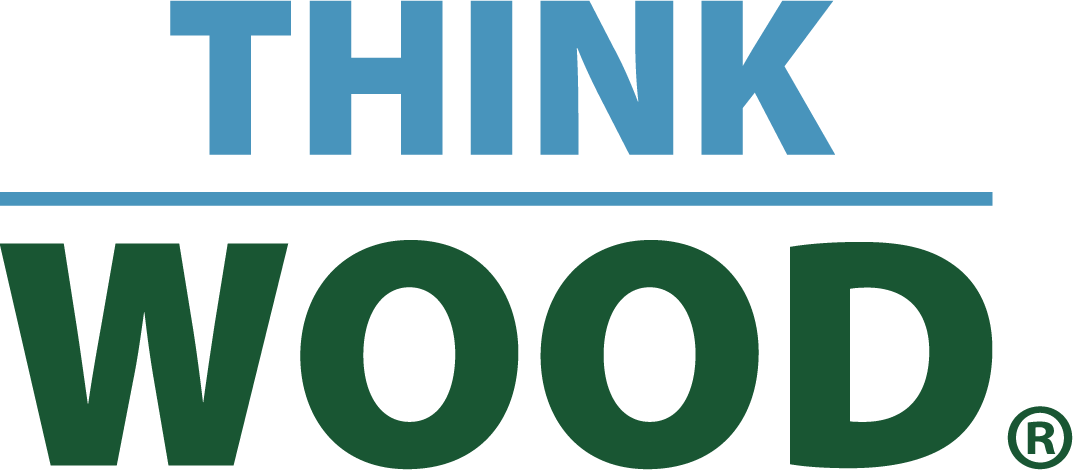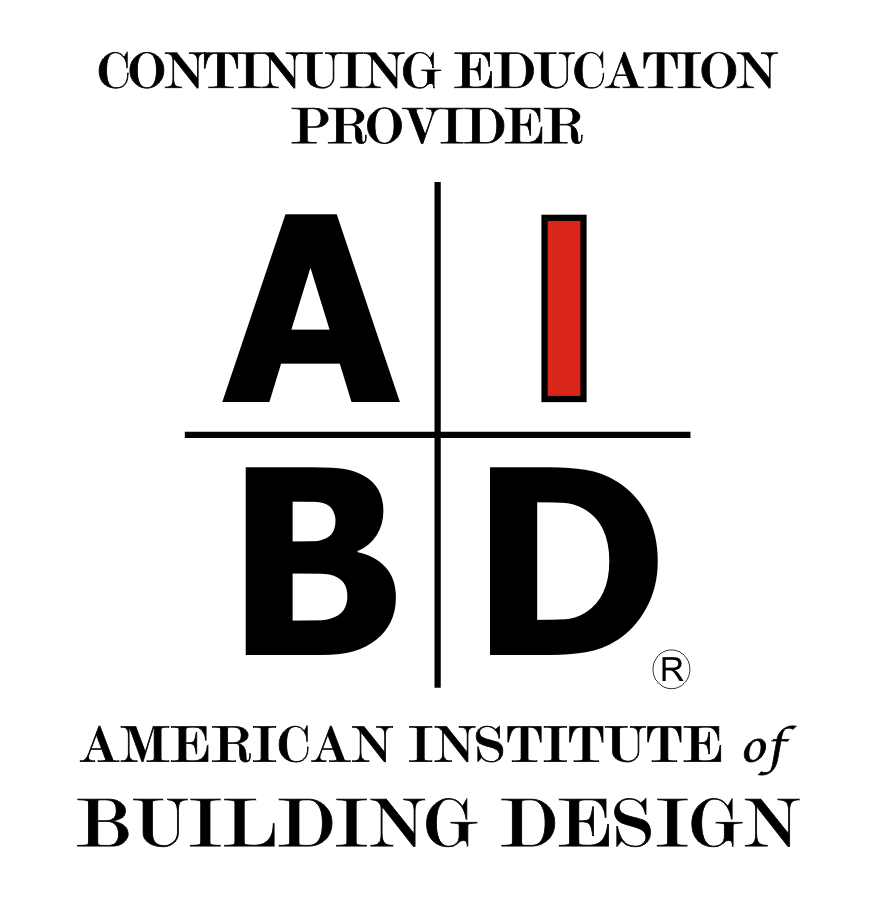Material Imprecision
Reinterpretation of existing architectural elements can broaden the design approach
Sponsored by ABC World Wide Stone, Architectural Record, ASI Group, Benjamin Moore & Co., Bison Innovative Products, Construction Specialties, EQUITONE facades, Kingspan Insulated Panels, Mitrex, National Terrazzo & Mosaic Association, Inc., The Ornamental Metal Institute of New York, The Steel Institute of New York, and Think Wood | Presented by Roberto de Leon, FAIA, NCARB, LEED AP and Ross Primmer, FAIA, NCARB
Webinar On-Demand
How to find opportunities for resourcefulness, invention, and innovation when working on modest budgets and using conventional materials. Relying on re-use and reinterpretation of existing architectural elements can broaden the design approach. An in-house workshop helps refine considerations for craft and fabrication aspects of building. This session looks at multiple case studies and talks addresses how material explorations resolved issues ranging from municipal requirements to historical district restrictions.

 |
Roberto de Leon, FAIA, NCARB, LEED AP and Ross Primmer, FAIA, NCARB are the co-founders and principals of de Leon & Primmer Architecture Workshop. Roberto holds a Master in Architecture from Harvard University and a Bachelor of Arts in Architecture from the University of California at Berkeley. Ross holds a Master in Architecture from Harvard University and a degree in Architecture and Philosophy from Kent State University. Roberto and Ross lecture regularly at universities and design symposiums on the studio’s work and methodology, and have served as visiting critics and adjunct professors at a wide range of academic institutions, including Syracuse University School of Architecture, Rural Studio / Auburn University, the University of Kentucky College of Design, the University of North Carolina at Charlotte College of Architecture, and the Boston Architectural Center. In 2012, Roberto served as a panelist for the Mayors’ Institute On City Design (MICD), a national advisory conference for U.S. mayors on current planning issues. Ross has served on the Board of the Louisville Metro Government’s Landmark Commission and participates in many culturally related urban and citywide strategic focus groups and planning committees. |
LEARNING OBJECTIVES
- Describe the idea of imperfection, recalibration and resourcefulness can lead to invention and new directions.
- Learn how a studio’s working methodology frames a process of material investigation by exploring overlaps between precision and imprecision as well as relying on local skillsets.
- Identify ways to work in historical neighborhoods on limited budgets and provide dramatic design change without altering the nature of the neighborhood.
- Outline how to manage difficulties of local fabrication.



